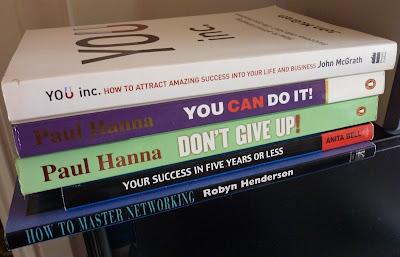Harrison was something of a medical celebrity in Australia in the late 1980s, and through the advocacy of Louise Hay he became a worldwide influencer in the field of alternative health and the mind-body interaction. His magnum opus is a book called Love Your Disease It's Keeping You Healthy, and I hope to look at this book in some depth in this chapter.
It was an immensely influential book in its time, selling over 100,000 copies and becoming a bestseller in America.
Harrison seemed to have been combining New Thought ideas with fashionable psychology, naturopathy and Eastern-influenced health advice (he speaks glowingly of the concepts of Traditional Chinese Medicine). Indeed, his seeming "blame-the-victim" rhetoric is quite stark in the book, and quite unembarrassed. It is not the sort of thing that would be published now.
Harrison's reputation was later destroyed through some extremely questionable accusations of sexual misconduct, and Australian journalist Sue Williams wrote a fascinating book about this case called Death of a Doctor (2005), in which Harrison is vindicated and posited as something of a victim of the conventional medical establishment.
It's interesting to examine an Austraian book which had a great influence on American self-help writing and publishing - quite a reversal of the usual state of affairs.
